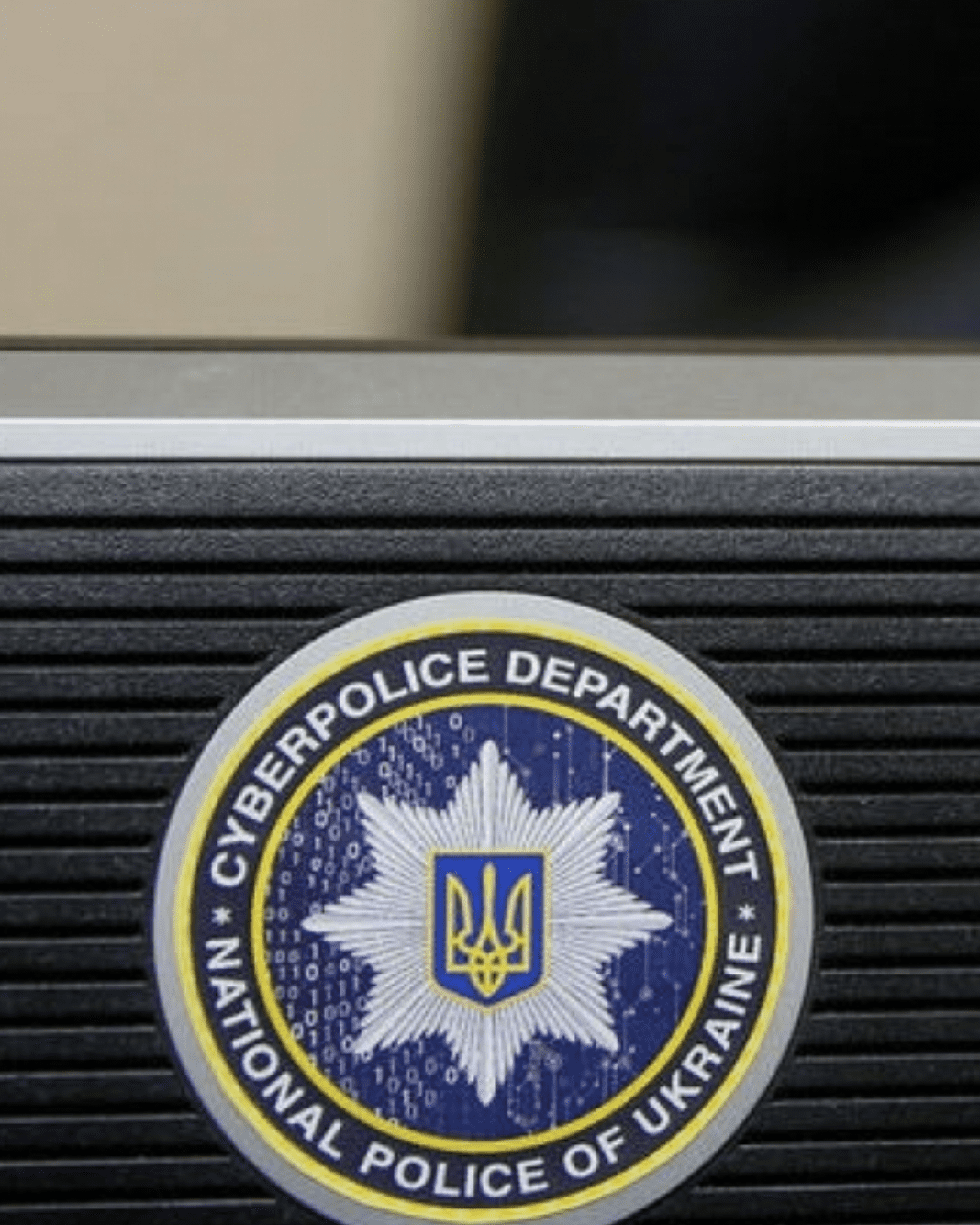A Growing Threat in the Digital War
As Ukraine continues to defend itself from Russia’s military invasion, another fierce battle rages on in the digital world. Russian hackers are targeting Ukrainian government systems with cyberattacks in an effort to impede communications, steal information, and compromise national security.
Col. Oleksandr Potiy, Ukraine’s cyber chief, is leading efforts to strengthen the country’s digital defenses. The agency responsible for protecting Ukraine’s digital infrastructure is now calling for urgent reinforcements. The head of Ukraine’s cyber defense wants to recruit “tens of thousands” of skilled IT professionals to help fight against these cyber threats. The goal is to build a massive team of cybersecurity experts who can protect Ukraine from the relentless digital attacks that happen every day.
A Strategy for Developing Ukraine’s Cyber Army
Currently, Ukraine’s cyber defense agency has around 1,300 employees. But with Russian hackers launching more than 3,000 attacks each year against government systems alone, this number is not enough.
One of the main goals of Ukraine’s cyber defense agency is to create a training and certification program for new cybersecurity specialists. The goal of this initiative is to develop a highly qualified workforce capable of defending the nation’s digital infrastructure. The agency wants to ensure that these professionals not only receive top-level training but also have solid job opportunities within Ukraine.
Another key part of this initiative is working closely with European and American cybersecurity agencies. Ukraine’s cyber defense team has gathered valuable experience and data from fighting Russian hackers, which can help other countries protect themselves from similar threats. Cyber attacks that happen in Ukraine today could easily be used against Western nations tomorrow. That is why sharing information with allies is a crucial part of this effort.
Digital Attacks and New Challenges
The scale of the cyber attacks on Ukraine is massive. Hackers from Russia are using advanced techniques to break into government systems, steal sensitive information, and disrupt important services. Some of the most dangerous hacker groups have links to Russian intelligence agencies and have been active for years.
One of the recent cyber threats involved a hacking group sending QR codes to Ukrainian officials. When scanned, these codes connected their devices to Russian-controlled systems, allowing hackers to secretly access their messages and private conversations. For more protection, many Ukrainians have shifted to the Signal messaging software; however, hackers are always coming up with new ways to intercept these messages.
Although the number of attacks has increased, the good news is that fewer of them are classified as “critical” threats. In the first half of 2024, only three major attacks reached this level, compared to 31 in the previous period. This shows that Ukraine’s cybersecurity efforts are working, but the battle is far from over.
One surprising role that Ukraine’s cyber defense agency has taken on is handling a huge budget for drone purchases. Since the beginning of the war, drones have become a key tool in Ukraine’s defense strategy. The agency currently manages over $1.5 billion in funds for acquiring and deploying drones. However, some concerns have been raised about transparency in these purchases. While the agency insists that all purchases follow Ukrainian laws, there have been debates about whether details should be made public.
Ukraine’s cyber defense team faces an uphill battle. With cyber threats increasing and hackers growing more aggressive, the need for a larger team of experts is clear. By training and hiring tens of thousands of cybersecurity professionals, Ukraine aims to strengthen its digital defenses and keep its critical systems safe from relentless cyberattacks.





